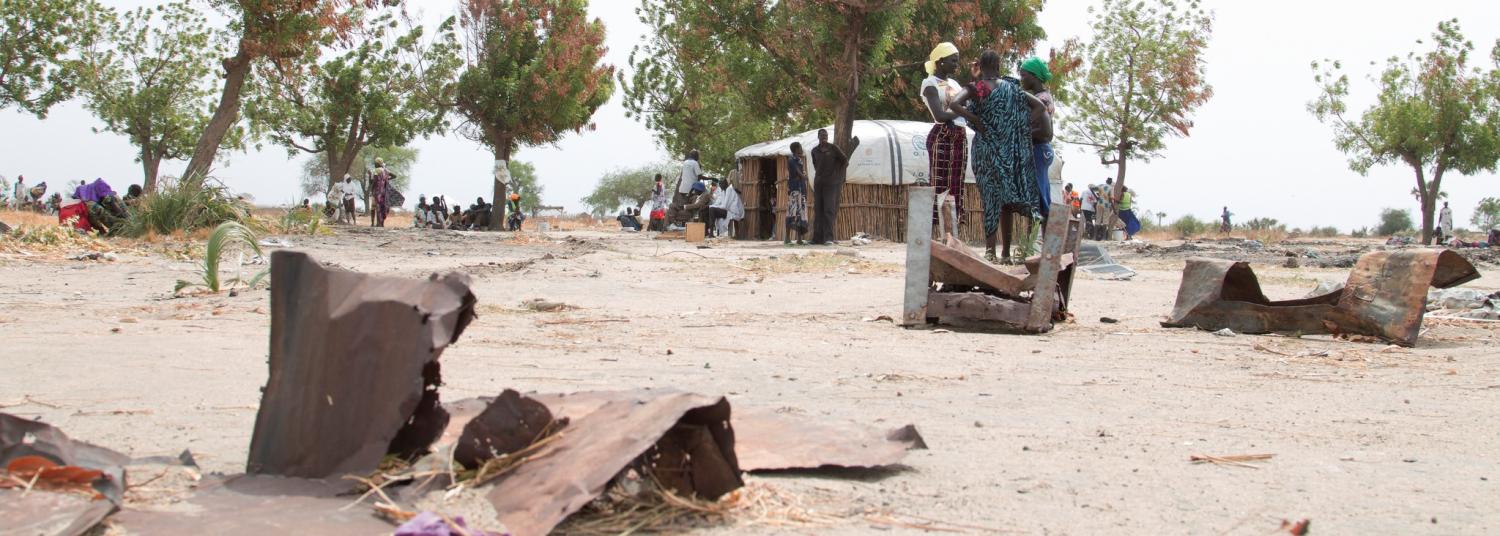- The East African hunger crisis is not cutting through to Australian donors as previous famines have, reports Michael Bachelard from South Sudan (whose trip, consequently, was funded by the Campaign for Australian Aid and CARE Australia).
- The crisis co-incides with South Sudan's sixth anniversary of independence. NPR discusses why independence has not gone well.
- As the G20 Summit comes to a close, some progress has been made on the global development agenda, outlined in the official leaders' declaration. The Centre for Global Development provided a primer of what it hoped could be achieved.
- On the eve of this year’s family planning summit, The Guardian discusses why managing the world’s population surge is becoming more difficult.
- EconTalk has produced two interesting interviews in recent months. Lant Pritchett discusses poverty, growth and the role of experiments in development economics, arguing that more emphasis should be placed on economic growth.
- And, more recently, Chris Blattman (author of one of my favourite development blogs), joined the podcast to defend the importance of experiments and measuring impact of smaller interventions.
- Duncan Green discusses what academics should be doing to ensure their research has impact. His post has prompted some backlash, visible in the comments.
Aid & development links: Sudan, planning families, advice for academics and more
This week's links also include EconTalk podcasts featuring Lant Pritchett and Chris Blattman while Duncan Green's advice to academics creates a stir.

A former market in South Sudan, 10 April, 2017 (Photo: Flickr/UK DFID)
Published 10 Jul 2017
Follow @jonathan_pryke
You may also be interested in
Systemic corruption has allowed the country’s ruling class to act above the law and women are paying the price.
This weeks links include the death of an asylum seeker on Manus Island, the RAISE act, and refugees, migration and trafficking in the Gulf.